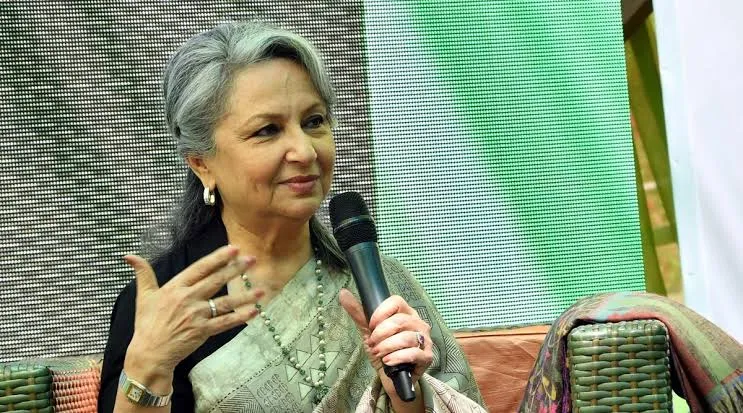As the new financial year begins, several significant regulatory and financial changes will come into force from April 1, 2025, impacting citizens nationwide. These updates include revisions in tax slabs, modifications in the Unified Payments Interface (UPI), the introduction of the Unified Pension Scheme, and changes to GST regulations.
Revised Income Tax Slabs and Rates
Following the Union Budget announcement, the revised tax slabs and rates will be implemented from April 1. Under the new regime, individuals earning up to ₹12 lakh annually will be exempt from income tax. Additionally, salaried professionals will benefit from a standard deduction of ₹75,000, effectively exempting incomes up to ₹12.75 lakh from taxation.
New Income Tax Structure:
| Income Range | Tax Rate |
|---|---|
| ₹0 – ₹4 lakh | No tax |
| ₹4 lakh – ₹8 lakh | 5% |
| ₹8 lakh – ₹12 lakh | 10% |
| ₹12 lakh – ₹16 lakh | 15% |
| ₹16 lakh – ₹20 lakh | 20% |
| ₹20 lakh – ₹24 lakh | 25% |
| Above ₹24 lakh | 30% |
Unified Pension Scheme Implementation
The Unified Pension Scheme (UPS), introduced in August 2024, will officially take effect from April 1, 2025. Aimed at benefiting nearly 23 lakh central government employees, the scheme ensures that those with at least 25 years of service will receive a pension equivalent to 50% of their last 12 months’ average basic salary. This initiative seeks to enhance financial stability for retired government personnel.
UPI Security Enhancements
To improve the security of digital transactions, the National Payments Corporation of India (NPCI) has issued new guidelines for the Unified Payments Interface (UPI). Starting April 1, banks and third-party UPI service providers such as PhonePe and Google Pay must take steps to deactivate inactive mobile numbers linked to UPI accounts.
Inactive numbers pose a security risk as they may remain linked to old accounts, making them susceptible to unauthorized access. NPCI has mandated that banks and payment providers update their databases weekly using the Mobile Number Revocation List/Digital Intelligence Platform (MNRL/DIP) to prevent such risks.
Users are advised to ensure their registered mobile numbers are active and updated with their respective banks before April 1 to maintain seamless UPI transactions.
GST Updates for the New Financial Year
Several key changes will be introduced under the Goods and Services Tax (GST) framework:
- Mandatory Multi-Factor Authentication (MFA): To enhance security on the GST portal, MFA will now be compulsory for all taxpayers.
- E-Way Bill (EWB) Validity: From April 1, EWB generation will only be allowed for base documents issued within the past 180 days.
- Sequential Filing of GSTR-7: Taxpayers filing GSTR-7 for Tax Deducted at Source (TDS) must now adhere to sequential monthly filings without skipping months.
- Biometric Authentication for Directors and Promoters: Company promoters and directors will now be required to complete biometric verification at GST Suvidha Kendras for authentication purposes.
These regulatory updates aim to streamline taxation, enhance digital security, and improve compliance frameworks. Taxpayers, businesses, and digital payment users should take note of these changes to ensure smooth transitions and avoid disruptions. If you haven’t updated your mobile number for UPI or checked your tax liability under the new slabs, now is the time to act.
Also Read: SCARY! Woman’s Body Rots Inside Hidden Door, Wrapped In Blanket, In Delhi






















